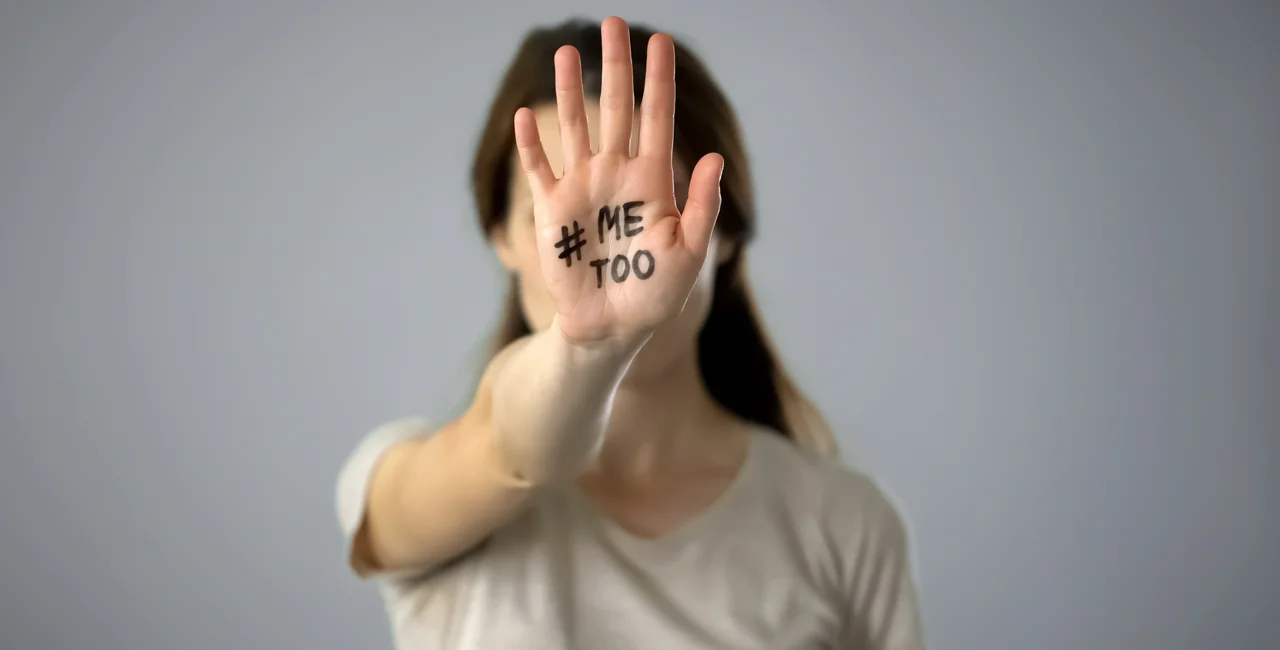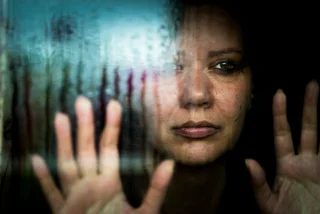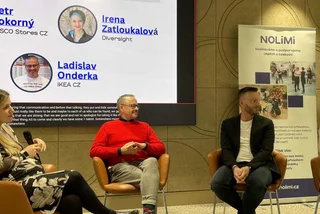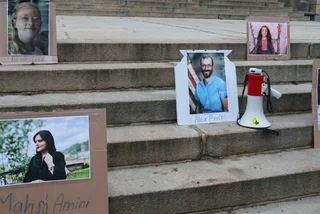When the #MeToo reckoning triggered a wave of sexual misconduct revelations and scrutiny across the Western world five years ago, the Czech response was limited. While recent allegations against men in positions of power could indicate a turning of the tides, the Czech Republic still lacks resources and support for victims and has failed to ratify the Istanbul Convention Treaty condemning sexual violence, harassment, and rape.
In advance of International Day for the Elimination of Violence Against Women on November 25, the Czech Republic took a significant step forward with the announcement that it would open its first help center for victims of sexual violence. According to the latest report of the European Network against Violence, the country is still missing critical services such as a help center and a crisis line.
The plans were announced last week by Radan Šafařík, head of the Czech government's gender equality department. The first help center is set to open in Prague, with four others to follow in Brno, Most, České Budějovice, and Ostrava. The new centers will provide crisis accommodation, psychotherapy, social and legal counseling for those who have suffered abuse. The Prague center will be located in the Břevnov district, run by the proFem non-profit organization.
According to Šafařík, surveys show that every third woman and every fourteenth man in the Czech Republic has experienced domestic violence, with one percent of women believed to have experienced gender-based violence in the last year alone. Only a fraction of these victims report their experiences to the police.
Jitka Poláková, the Director of proFem, said “It is absolutely scandalous that no one has come up with this before. Institutions currently move clients from one location to another, with different people dealing with them and no one telling them what will happen next.”
Czech #MeToo movement gathers pace
With the International Day for the Elimination of Violence Against Women putting the spotlight on the Czech Republic’s #MeToo movement, Expats.cz spoke to Johanna Nejedlová, Executive Director at Konsent, a platform for education, advice and campaigning for greater protection of women, about the current state of affairs.
The organization is also campaigning for legal changes to protect women, with an expanded definition of rape its key goal as a means of preventing sexual violence.
“We are trying to change the definition of rape so that it is based on consent rather than on violence. This change would show society that even if the victim doesn’t fight back, sex without consent is still rape,” she said.
Nejedlová says the Czech Republic's #MeToo movement has undoubtedly gained momentum over the last year.
“Things are definitely changing,” she said. “The Czech #MeToo movement didn’t initially take off here like it did in other countries. But now things are moving in the right direction; perhaps around three-fifths of people in the country would now agree that the movement is necessary.”
Allegations of misconduct leveled at prominent politician Dominik Feri marked a watershed moment as the voices of victims were heard on an issue which in earlier times would likely have been brushed under the carpet.
Feri, who was accused by multiple women of using his position of power to coerce or persuade them to have sex against their will, resigned from his leading position in the Czech political scene as a result of the scandal, an outcome which Nejedlová says indicates how far Czech attitudes towards sexual violence have changed in recent times.
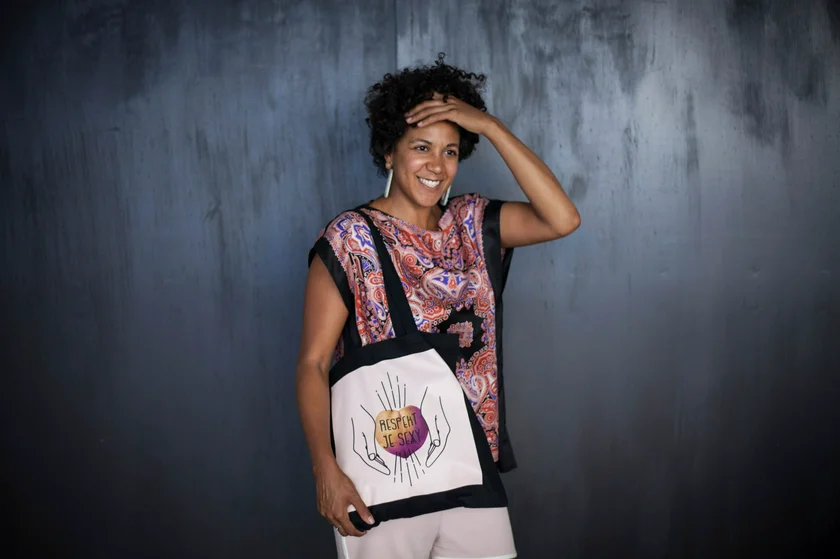
“It’s likely that ten years ago, the Feri scandal would not have become such a huge issue,” she said.
Following the Feri scandal, academic institutions such as Prague's Charles University are taking steps to implement changes due to concerns that sexual pressure and inappropriate behavior are widespread.
More recently, dozens of allegations were made against famous Czech psychiatrist Jan Cimický, who chose not to accept a Presidential Award while denying all accusations made against him.
The trickle-down effect is seeing a closer examination of Czech pop culture. Just this week saw critics, Nejedlová included, condemn lyrics sung by Marek Ztracený, a triple winner at the Czech Nightingale music awards, in an early song which appears to promote rape culture, with the line “a woman longs to make love, even though she says she doesn’t want to.”
Ztracený apologized and vowed to remove the song from streaming services but told the Czech media, "Obviously, a modern American direction like MeToo has already reached us, and although I do not downplay anything and it is true that I absolutely condemn any rape or racism, I have some doubts about the direction in which years old songs or movies will be searched for and removed, due to gender balance or exaggeration."
Still, Nejedlová calls the case significant. "It's the first time a popular figure has been confronted with exhibiting insensitive attitudes towards gender-based violence in the past," she said. "Ztracený has been the first to publicly say he would not write such a song nowadays."
Organizations such as Konsent and proFem have made successful steps in raising awareness of the problem of sexual violence, campaigning for changes to prevent such violence taking place while providing support for victims of abuse.
Yet while Czech society has made progress on the problem of sexual violence in recent months and years, it’s clear that there is a long way still to go: Today MEPs called on the Czech Republic and another five EU member states (Slovakia, Hungary, Bulgaria, Latvia, and Lithuania) to immediately ratify the Istanbul Convention.
The Czech Republic signed the convention in May 2016, but the document needs to be ratified by both houses of the parliament and the president to come into force. The cabinet of PM Andrej Babiš should have discussed the ratification last July but postponed the debate.
For Nejedlová, education remains vital to creating a safer environment for women in the Czech Republic, and the quickening pace of the #MeToo movement is evidenced by increased interest in Konsent’s educational courses. “In 2016, not many schools were interested in our programs, but now we have so many requests that it’s hard to fulfill them all,” she said.












 Reading time: 5 minutes
Reading time: 5 minutes 